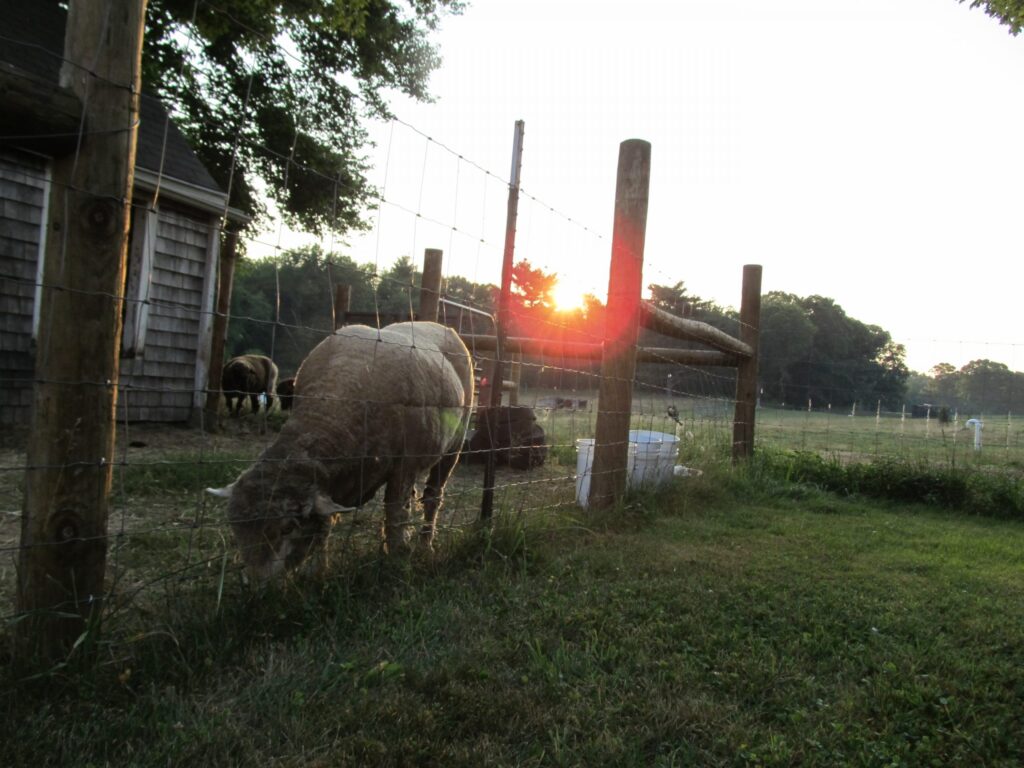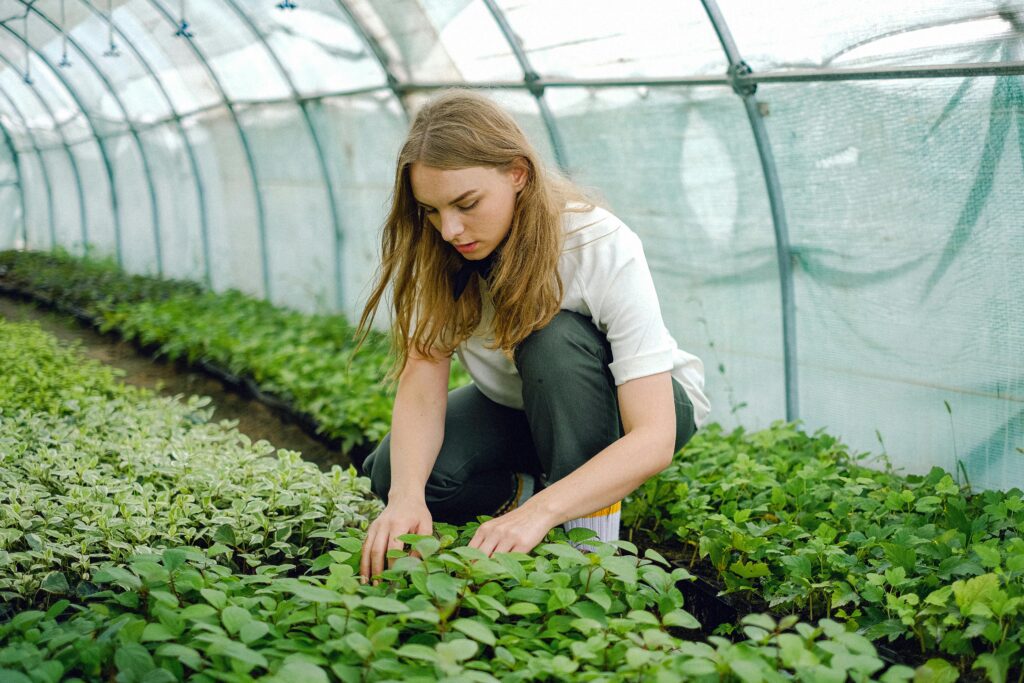What iS
PERMACULTURE?
Permaculture is all about creating sustainable, self-sufficient ecosystems that mimic nature’s patterns. It’s like designing your garden or farm in a way that works with nature instead of against it. You use local resources, plan for long-term sustainability, and think about things like conserving water, reducing waste, and growing a variety of plants and animals that support each other. It’s not just about growing food—it’s about creating a whole system that’s healthy and in balance, so everything works together naturally.
In permaculture, the focus is on diversity and interconnection. By planting a mix of different species, you can create an environment where plants, animals, and microorganisms all thrive together. For example, certain plants can help fix nitrogen in the soil, benefiting nearby crops, while other plants may attract beneficial insects or repel pests. Animals such as chickens can help fertilize the soil and reduce weeds, while also providing eggs or meat.


Why is permaculture
so important?
Permaculture is crucial because it provides a sustainable approach to living in harmony with the environment. It encourages practices that protect natural resources, strengthen local communities, and ensure long-term food security. By designing systems that are resilient and self-sustaining, permaculture offers a way to reduce our ecological footprint and improve the overall health of the planet.
Benefits:
Reduces reliance on industrial agriculture and harmful chemicals
Promotes local food production and self-sufficiency
Strengthens community resilience to environmental changes
Conserves natural resources like water, soil, and biodiversity
Encourages long-term sustainability for both people and nature
